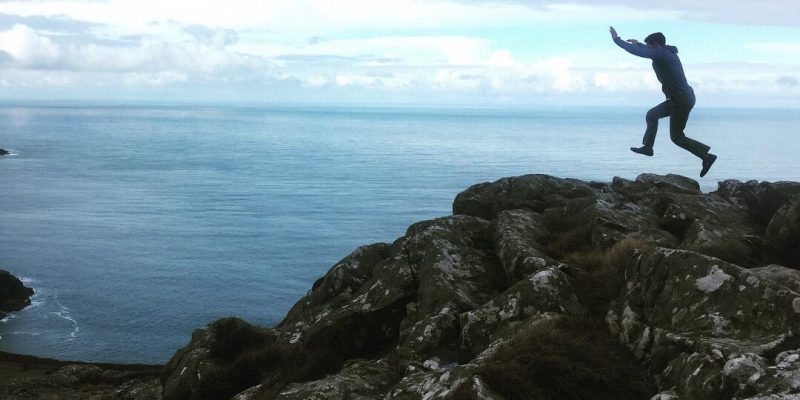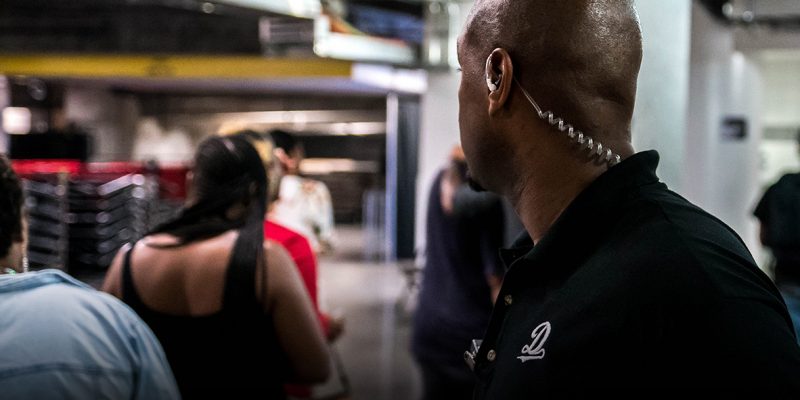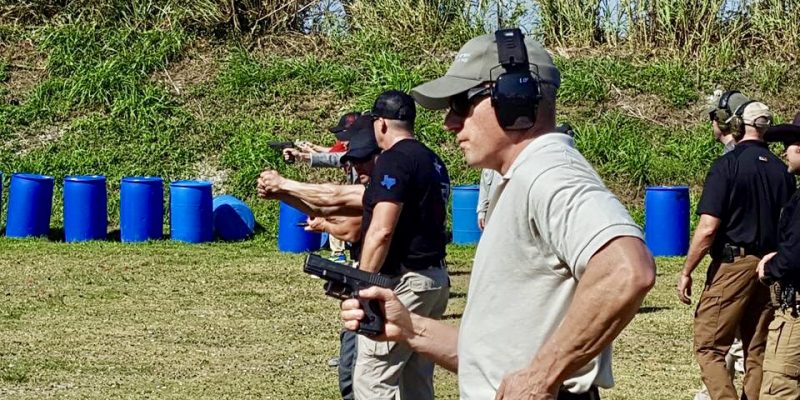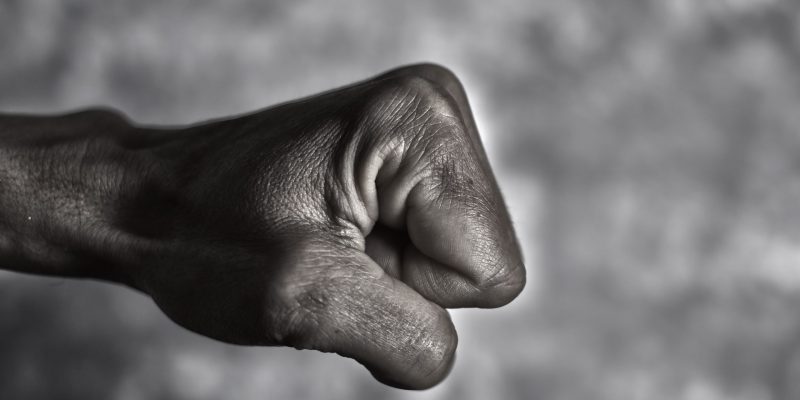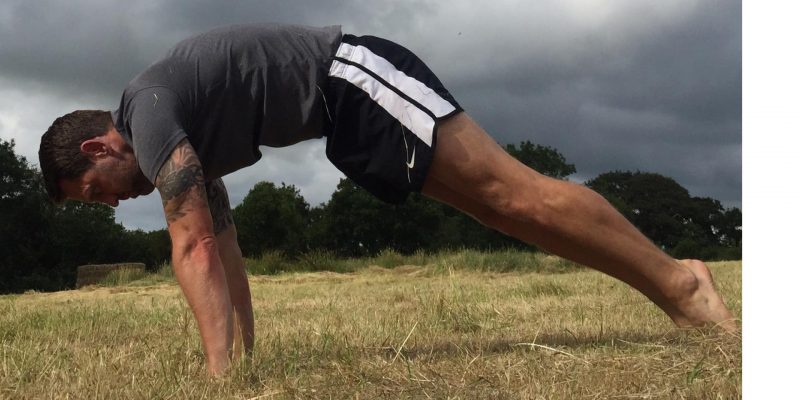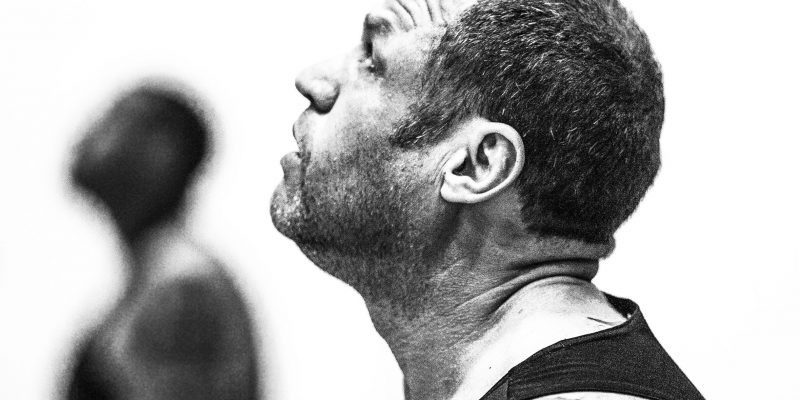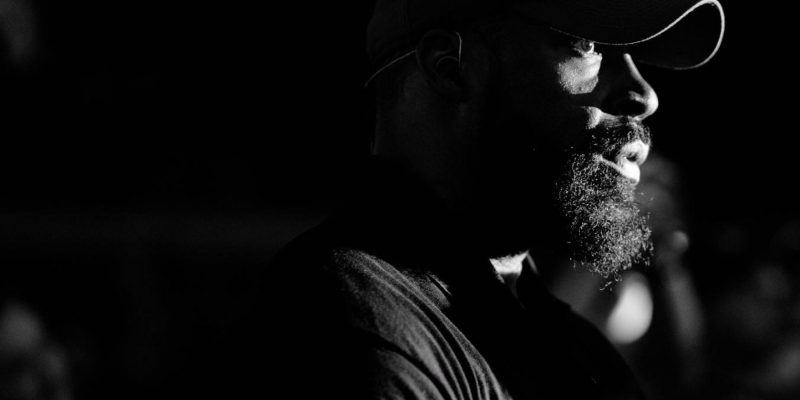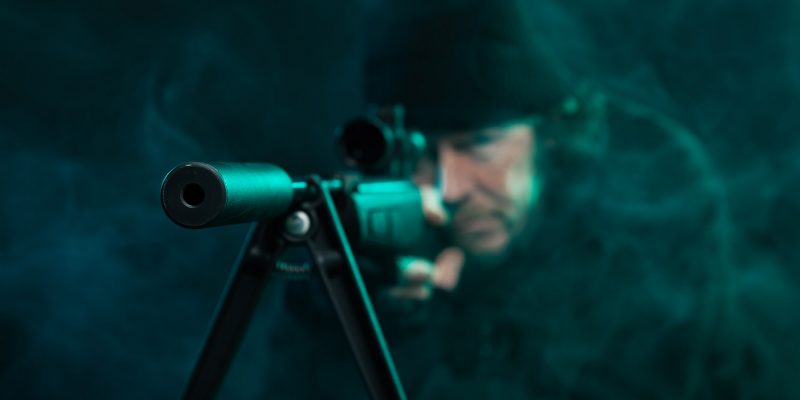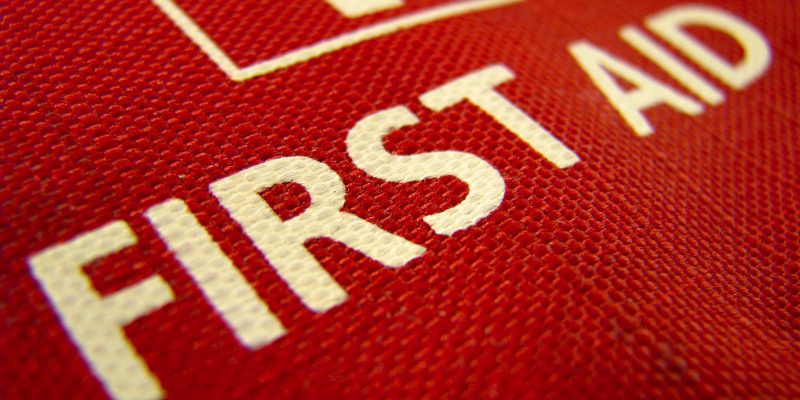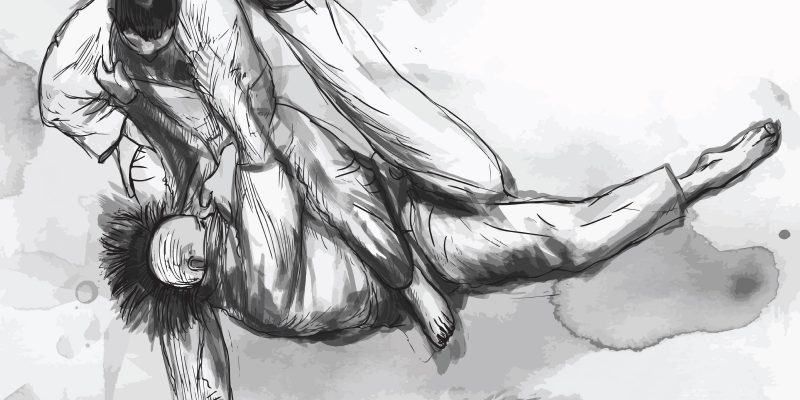Since I am often employed as the agent in charge (AIC), you generally are assigned to the principal and the duties don’t lend themselves to be the K9 handler. You have a choice, either work the principal of work the K9, but rarely can you do both. However, that doesn’t mean there is not considerable opportunities for K9s and handlers in protective services.
Typically, these dogs fall into one or two categories. There are dogs that are single-purpose dogs, meaning they have one task they perform. While others are dual-purpose, meaning they are trained to perform a variety of tasks. The three biggest categories that they fall into are Apprehension, Detection and Search & Rescue.

